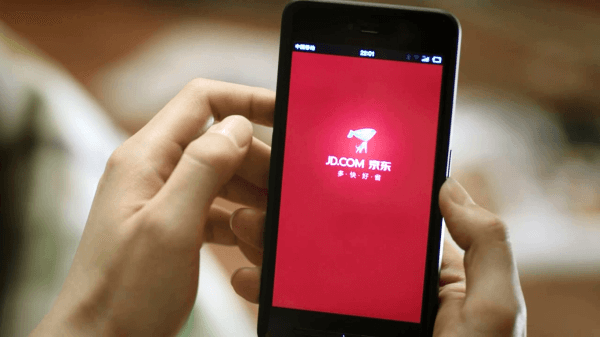E-commerce giant JD, which claims to be “the largest retailer in China,” has agreed to invest $700 million into Xingsheng Youxuan — also known as Furong Xingsheng — a community group-buying platform for fresh produce and other groceries.
According to a filing with the US Securities and Exchange Commission, JD — which is headquartered in Beijing and traded on New York’s NASDAQ — has entered into a definitive preferred share purchase agreement that will see one of its subsidiaries pump close to $700 million into Xingsheng, subject to closing conditions.
Changsha-based Xingsheng is one of a number of online group-buying apps that have sprung up in China in recent years. These platforms enable individual consumers, families, local businesses, and households — typically living or working in the same neighborhood — to band together under a designated group leader, who purchases fresh produce and other daily essentials on their behalf in bulk, often directly from farmers and wholesalers. The group leader then coordinates distribution to the rest of their group. This allows the group as a whole to secure lower prices than they’d usually pay individually in the supermarket or from online grocers.
It’s a model that has taken off in a big way in China, with e-commerce players like Pinduoduo becoming multibillion-dollar companies off the back of strong consumer demand. In October, Pinduoduo claimed it had become the largest online seller of agricultural produce in China, handling over 100 million orders each day. Last year it sold $21 billion worth of farm produce from 12 million farmers across China.
However, group-buying has also begun to draw the ire of incumbents in the middle of the agrifood value chain who see themselves being cut out of the picture.
According to Caixin, a number of food manufacturers and grain, grocery, and edible oil suppliers are making moves to stop their wholesaler partners, including farmer groups, from working with group-buying platforms.
Supermarket chains are also putting pressure on wholesalers and farmers who sell to group-buying firms, arguing that the latter are stealing their customers and forcing them to cut prices to unsustainable levels in order to compete.
“The community group buying model reduces cost and improves efficiency because of its scale advantage,” Zhao Yue, analyst at research firm Analysys, told the South China Morning Post. “The online grocery delivery model costs ¥3 to ¥5 ($0.45-$0.75) in additional fees for couriers to deliver to a consumer’s doorstep. But the community group-buying model [eliminates these] costs, as it delivers to group leaders directly.”
Xingsheng started out as a chain of community-focused convenience stores, before launching its group-buying platform as a sideline.
Earlier this year, it was reported to have raised $800 million from US private equity giant KKR, Sequoia Capital, and other investors, though this has not been publicly confirmed.
It raised $200 million in funding from KKR and others in September 2019, following a $46 million capital injection led by tech giant Tencent in May. These two deals made it one of the top 15 highest-funded agrifood startups outside the US in 2019, according to AgFunder data. [Disclosure: AgFunder is AFN‘s parent company.]
Another Chinese group-buying platform, Nice Tuan, has raised close to $450 million in Series C funding across several tranches this year from investors including tech giant Alibaba.
Rival player Bunny Maicai secured “tens of millions of dollars” in a Series A round in September. Like Xingsheng, it offers a hybrid model that combines the online group-buying concept with a chain of physical stores.
Tongcheng Life, another group-buying app, raised $200 million in its June Series C round, which was co-led by controversial livestreaming platform Joyy.
Got a news tip? Email me at [email protected] or find me on Twitter at @jacknwellis





